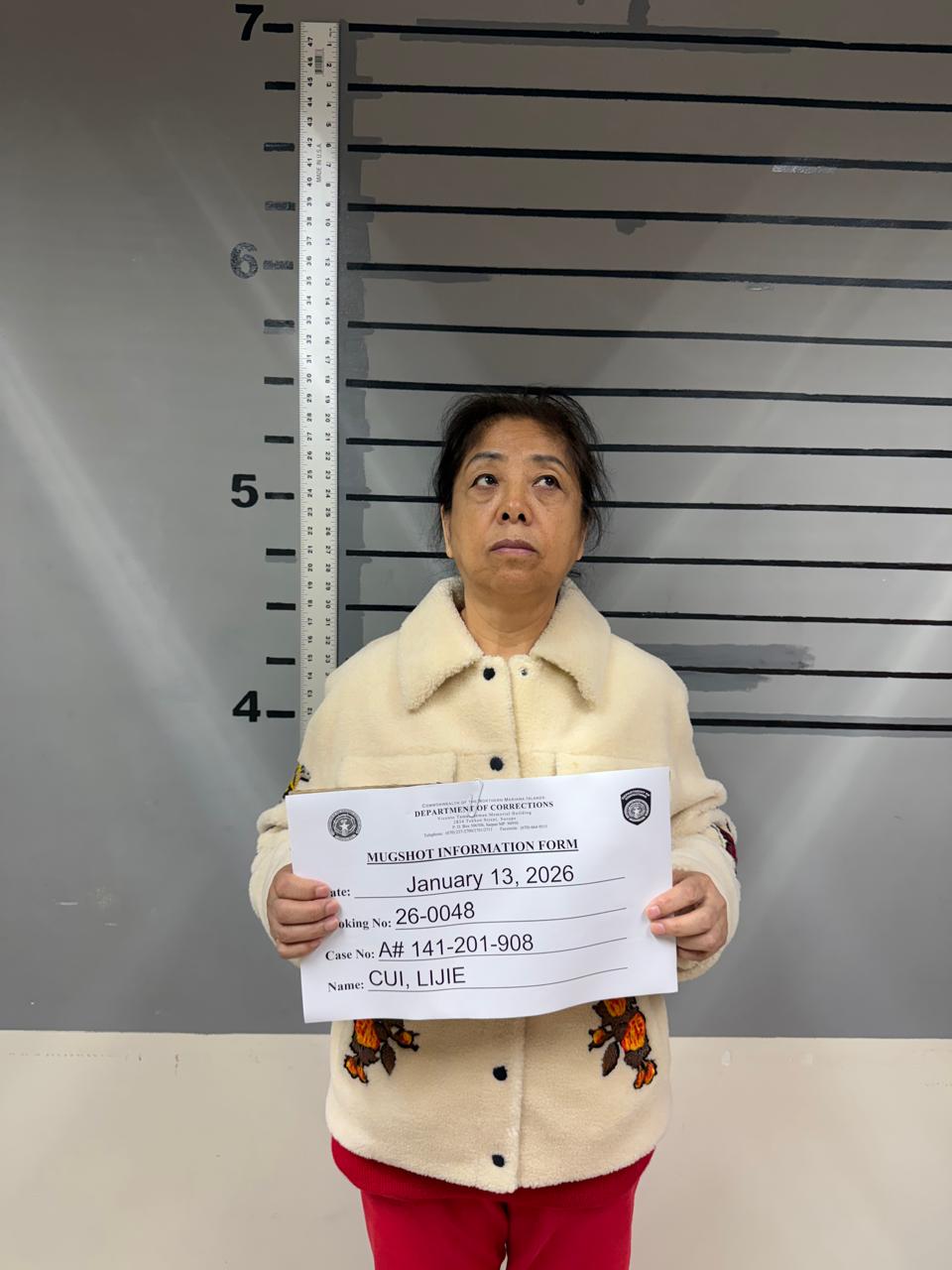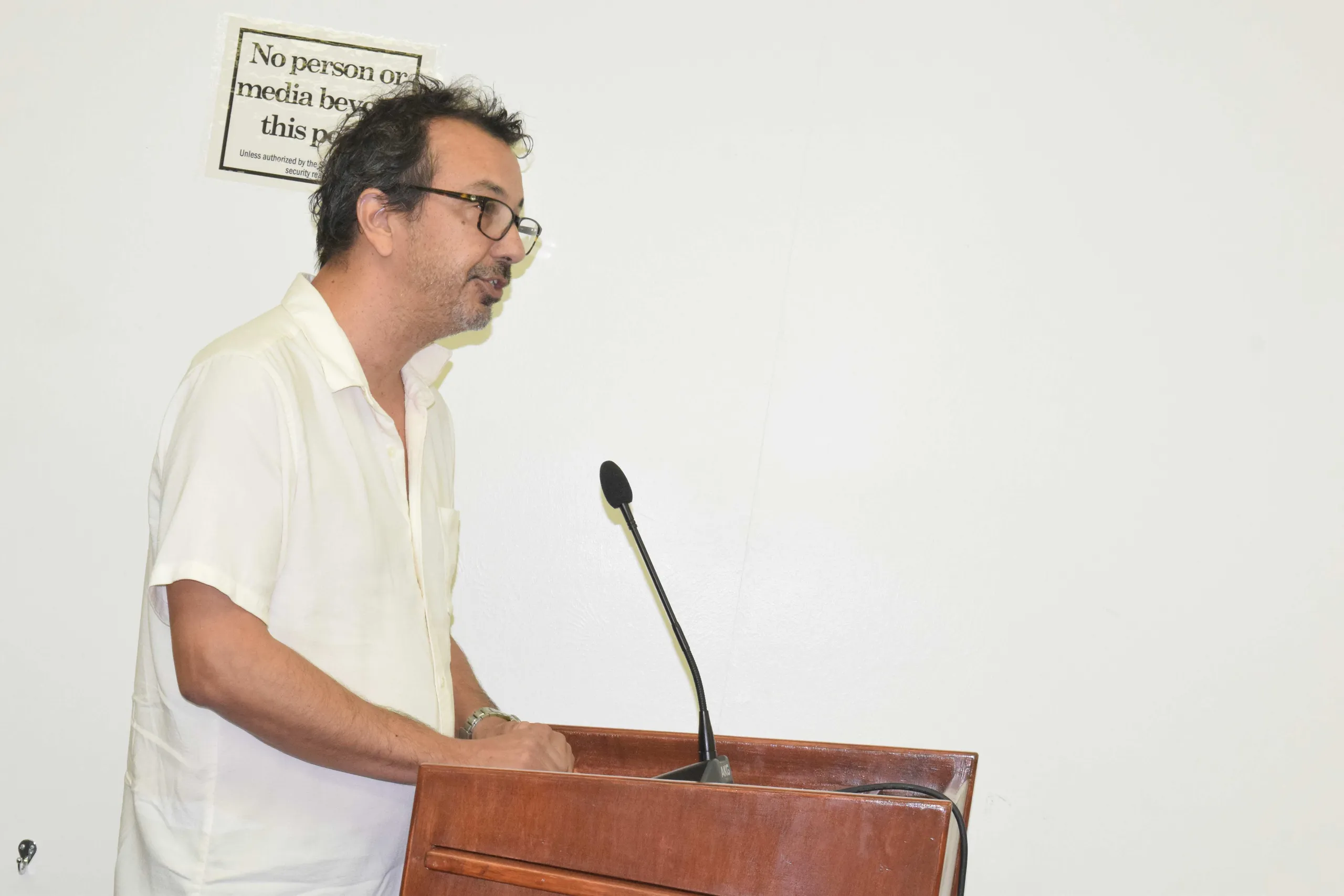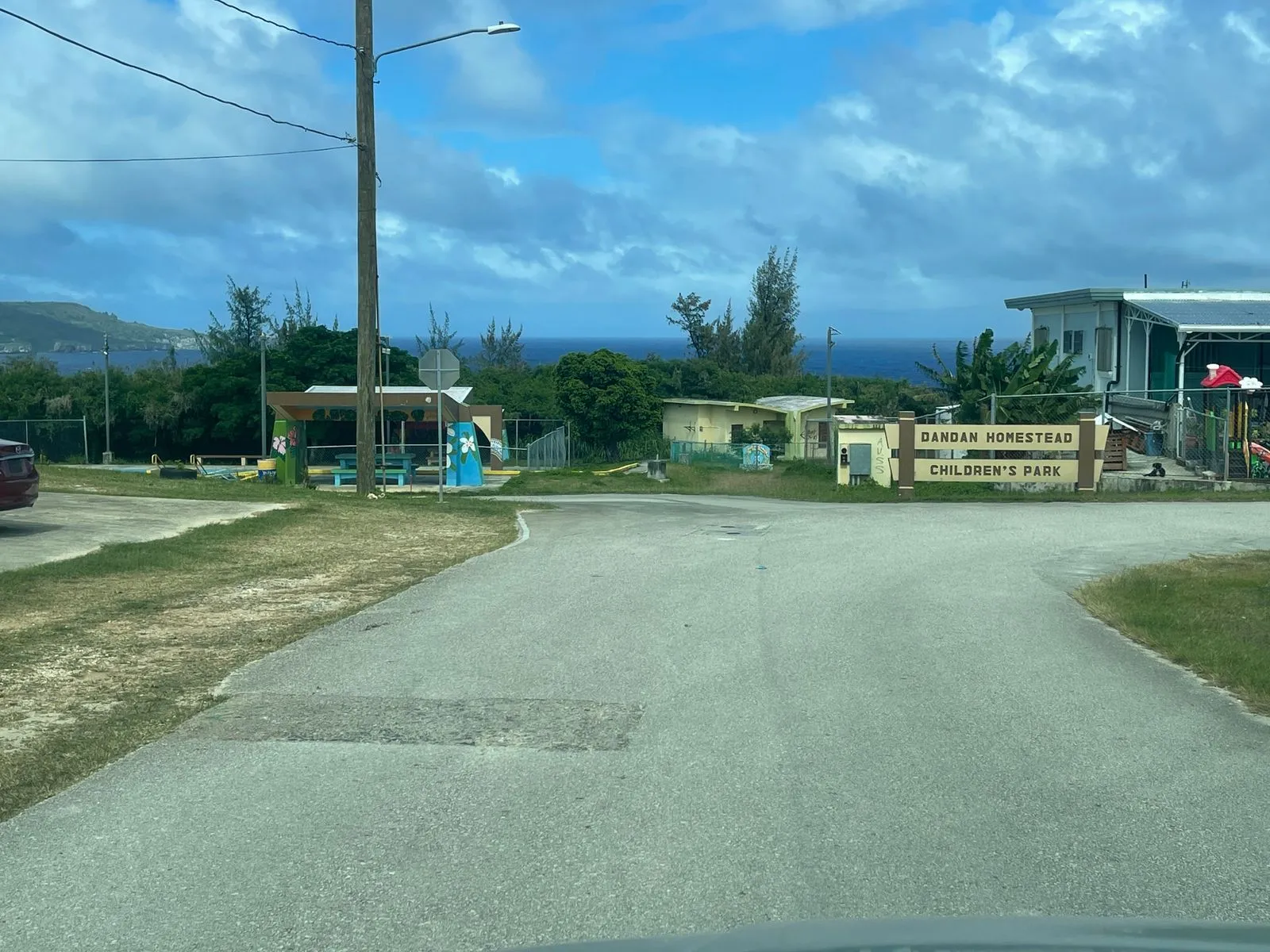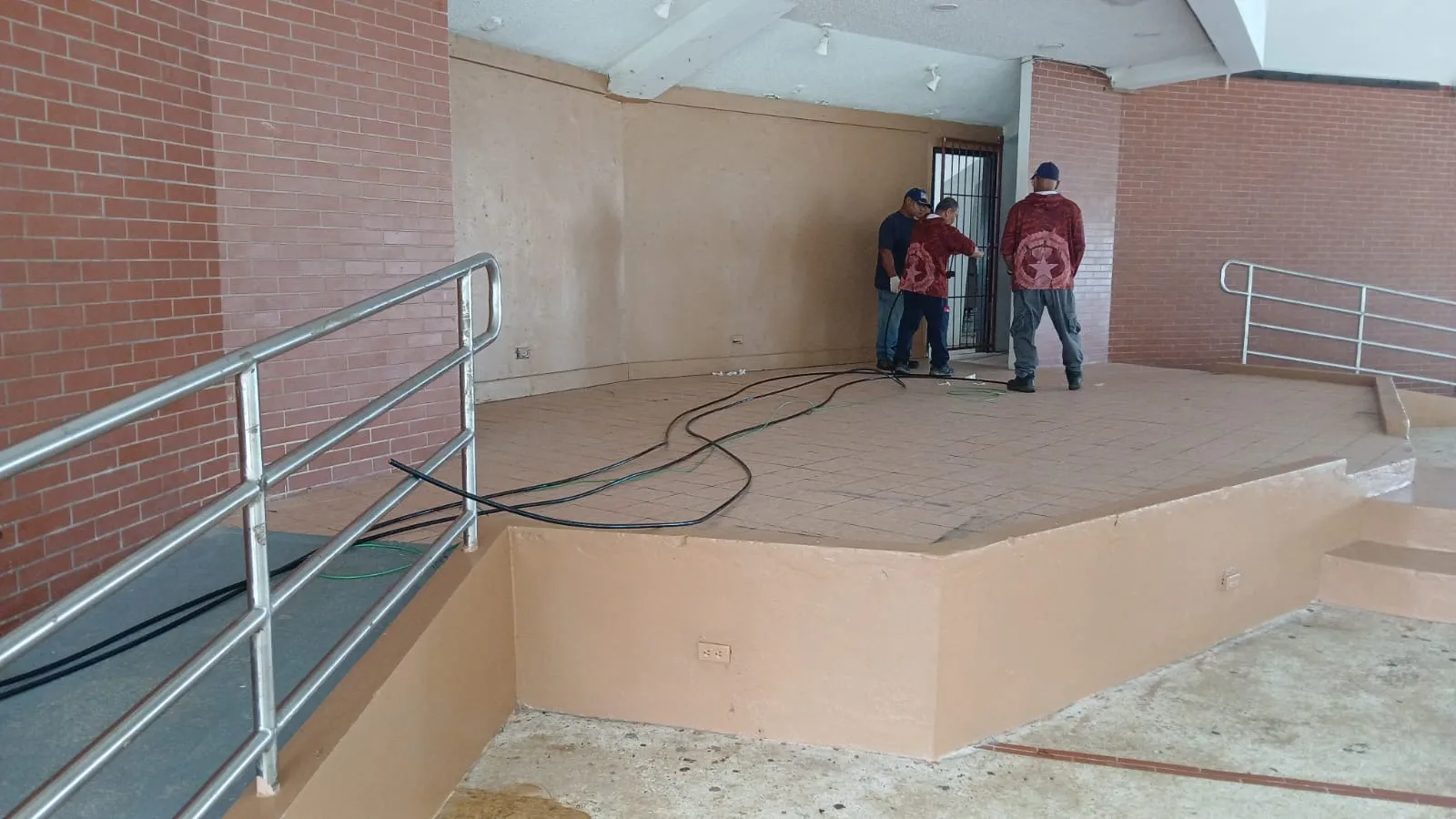Cut the size of government, not our wallets
SEVERAL years ago, a U.S. lawmaker said that the federal government had all the money it needed; it just had to go out and get it. He meant imposing new and/or higher fees and taxes. This, sadly, is also what many CNMI officials, lawmakers especially, mean whenever they talk about “revenue-generating measures.” Instead of cutting costs they would rather take other people’s money.
Unlike burglars who don’t break into a house they know is empty, government doesn’t care whether you can afford to pay more. Government wants your money, even if you have none. Hence, the harebrained fee-hike measure that was passed by lawmakers and signed by the governor amid the worst economic crisis in CNMI history and a global pandemic.
If passing laws were the legislators’ only job, most people would have, by now, stopped voting in legislative elections. Happily, the “real” job of lawmakers in the CNMI is to provide services and other forms of assistance to their constituents — and to say in public whatever it is that (some or many) voters want to hear.
Time was when some elected representatives acted as officials who could think for themselves, and would make decisions on policy proposals only after studying the issues and consulting knowledgeable people, including those who would be affected by the measures.
Today, most, if not all of them, prefer to pander. “You’re mad at the delay in the release of your PUA benefits? I’ll be as mad or even madder than you — instead of educating myself and you about an issue that, based on a cursory glance of national media reports, is also a problem in many states and other jurisdictions.”
Members of the 22nd Legislature, before introducing, considering or voting on another robbery, er, revenue-generating bill: please, please, ask yourselves the following questions: Why should you pass it? What do its proponents say? What about those opposed to it? What do the independent experts say? What was the outcome of previous, similar measures? Is there another way to achieve the bill’s goals without imposing new costs on businesses and/or the public?
The only bills the Legislature has to pass are the annual government budget; other spending measures that have existing funding sources; measures to repeal laws that harm the economy and/or impose undue burdens and costs on businesses and entrepreneurs (start with the recently enacted fee-hike law); and measures that name or re-name government buildings, roads, etc. after officials or residents who deserve the honor. That is all. But you can also adopt whatever nonbinding resolutions your bleeding-heart may desire. Knock yourself out.
“The first step toward making things a little better,” says author Kevin D. Williamson, “is to stop making them worse.”
Regarding CHCC and CUC
CHCC, which runs the islands’ only hospital, is not another CUC “customer.” CUC should make it easier for CHCC to pay its utility bills. If there is a need to repeal or amend current law or regulations, then do it. In the end, no matter how you look at it, it is the CNMI central government that must ensure the continued viability of both CUC and CHCC.
Incidentally, CHCC is yet another well-intentioned creation of a well-intentioned (and bipartisan) piece of legislation. Enacted 12 years ago, the CHCC law noted that the then-Department of Public Health “is not operating as effectively as demanded by the consumers of its healthcare” due to, among other things, “stagnant public funding, and difficulties in procurement, recruiting and staffing.” According to the law, establishing CHCC “will allow management…to independently meet the acute and long-term healthcare needs of the Commonwealth.” But that’s not all. An “independent public healthcare institution,” CHCC is supposed to be “as financially self-sufficient and independent of the Commonwealth Government as is possible.”
Good intentions do not guarantee good results. But finding ways to help CHCC meet its obligations to CUC should be among the priorities of CNMI elected officials.










